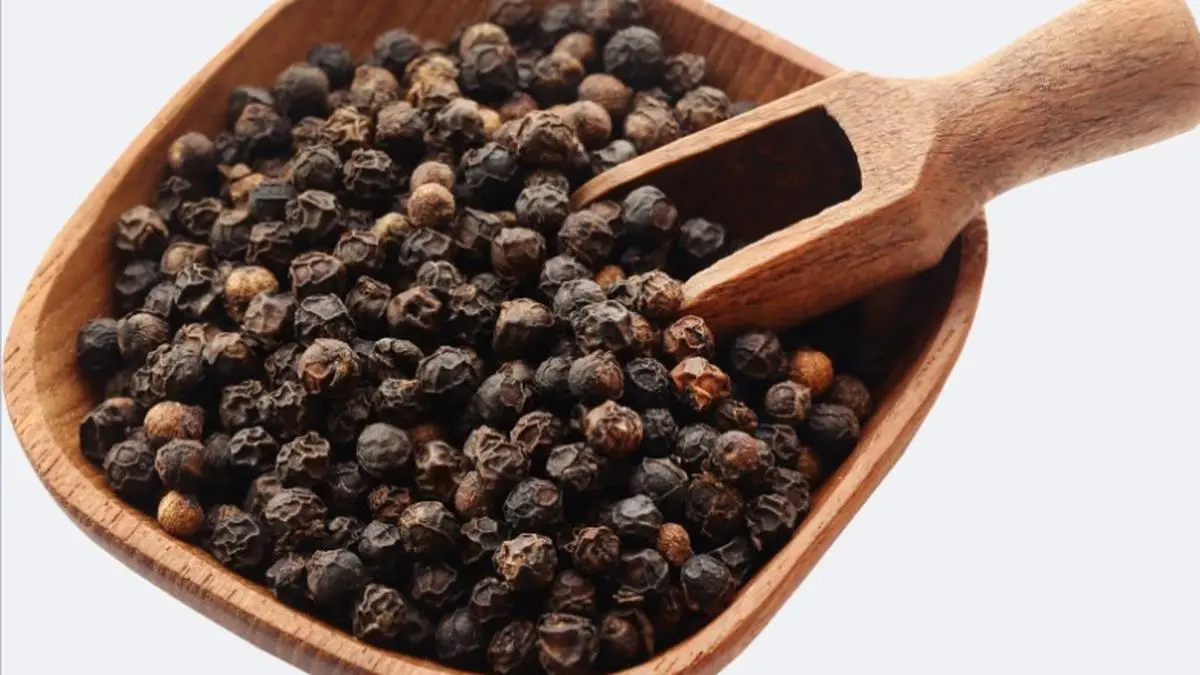Kerala’s black pepper production has registered a significant decline, with the estimated yield falling by 8-10 per cent, according to Ramnath Thakur, Minister of State for Agriculture and Farmers Welfare.
He revealed this in the Lok Sabha while answering a question raised by the member M.P.Abdussamad Samadani.
The Minister said the area under pepper cultivation in the State dropped 15 per cent from 85,431 hectares in 2014- 15 to 72,669 hectares in 2023-24. This was reflected in a 25 per cent drop in production, which fell from 40,690 tonnes to 30,798 tonnes.
The Minister attributed the slump to pests and diseases such as foot rot that posed significant challenges in black pepper cultivation.
Impact of floods
The unprecedented floods during 2018 and 2019 also affected black pepper. The floods occurred at a time when the price of the commodity was ruling low. This led to a lack of interest among farmers in the crop, resulting in poor management and low yields. The low prices continued in the subsequent years till 2021-22, thus causing a decline in the area under black pepper, the Minister said.
Related Stories
Adverse weather, lower area affect India’s 2024-25 pepper output
Govt estimates peg output at 78,000 tonnes; prices likely to rule firm
Besides, the lack of sufficient soil and moisture conservation measures resulted in the deterioration of soil nutrition and moisture. Fluctuation in pepper prices and incursion by other lucrative crops with better prices also added to the problem, he said.
The pepper exports have shown a fluctuating trend, mainly influenced by the availability of pepper in other producing countries and the price of Indian black pepper. The price of Indian black pepper is higher compared to that in other producing countries and finds its niche market where the Indian produce, by virtue of its quality, is preferred over the produce of other countries, the Minister added.
Measures to support farmers
On the steps taken to support pepper farmers, the Minister said the Government has implemented programmes through the Kerala State Horticulture Mission to enhance the production and productivity of horticulture crops, including pepper. This includes distribution of quality planting materials, area expansion/establishment of new gardens, rejuvenation and rehabilitation of senile gardens, promotion, post-harvest management, development of market yards etc.
Related Stories
‘Indian black gold pepper losing its charm in global trade due to imports’
Domestic sector facing multiple challenges from declining productivity to reduced export competitiveness, says Kerala varsity paper
The Directorate of Arecanut and Spices Development (DASD), Kozhikode, DA&FW also implemented programmes through Kerala Agricultural University and Indian Institute of Spices Research, Kozhikode. his includes the production and distribution of quality planting materials, setting up of hi-tech nurseries to ensure a steady supply of high-quality planting materials, accreditation of black pepper nurseries in both the public and private sectors, rehabilitation programmes for pepper gardens, etc.
IISR, All India Coordinated Research Project on Spices and KAU have successfully developed 21 high-yielding, disease-resistant black pepper varieties, which currently occupy nearly 70 per cent of the country’s black pepper production areas, significantly enhancing productivity, the Minister said.
